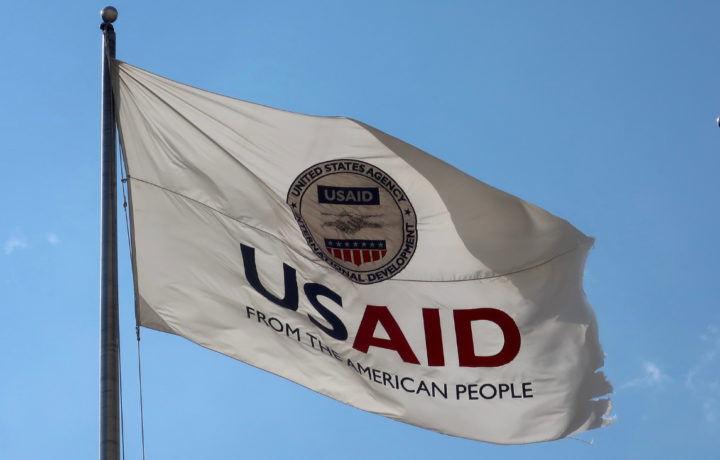When we talk about threats to national security, we often imagine foreign adversaries, hackers in hoodies, or spies slipping through the cracks of a flawed vetting system. But sometimes, the threat comes from within. The recent Department of Justice announcement that a former USAID official and three corporate executives pleaded guilty to a years-long bribery and fraud scheme is yet another reminder that integrity in government contracting is not a given—it’s a battle that must be fought with transparency, oversight, and real consequences.
According to the DOJ, the scheme involved a former USAID official accepting over $1 million in bribes in exchange for steering more than $100 million in contracts to favored companies. The corruption stretched over a decade and included bid-rigging, fake documents, and personal gain at the expense of taxpayers and the agency’s mission.
Four individuals, including a former USAID contracting officer and three corporate executives, have pleaded guilty to participating in a bribery scheme that spanned nearly a decade and funneled more than $550 million in federal contracts to favored companies in exchange for cash and perks.
What the DOJ Uncovered
From 2013 through 2022, Roderick Watson, a contracting officer at USAID, allegedly exploited his position to award high-value contracts to two companies: Apprio, Inc. and PM Consulting Group (Vistant). In return, he received more than $1 million in illicit benefits—including luxury event tickets, electronics, real estate down payments, and even a family member’s wedding.
Three executives involved in the scheme—Walter Barnes, Darryl Britt, and Paul Young—have also pleaded guilty. Together, the group manipulated the federal contracting process using fake payroll entries, shell companies, and backdoor payments to hide the bribes.
While the timing of the case may raise eyebrows, it’s important to note the decision to close USAID was part of a broader federal restructuring effort initiated by the current administration—and not tied to this bribery case. USAID’s programs are being consolidated under other government departments as part of a strategic policy shift aimed at streamlining U.S. foreign aid and development efforts. This has been a matter of political debate, but not a criminal one.
Contracts Compromised
When corporate executives feel emboldened to participate in kickback schemes and government officials become willing participants, the damage is more than financial. It’s reputational—and in the world of federal service, reputation is everything.
If this sounds familiar, it should. We’ve seen similar stories play out in defense contracts, cybersecurity procurement, and even within intelligence operations. As someone who’s tracked the trends in cleared recruiting and government hiring for years, this story highlights one of the biggest challenges we face today: how do we preserve trust in the institutions tasked with protecting and serving?
The answer isn’t simple, but it starts with better oversight and a renewed focus on ethics at every level. Trusted workers—whether they’re in contracting, program management, or mission support—are held to a high standard. And they should be. But when that standard is violated by senior officials with access, power, and influence, it sends a dangerous message.
What makes this story especially troubling is the scale and longevity. Ten years. A million dollars. A hundred million in misappropriated contracts. That’s not a one-off mistake—it’s a sustained assault on public trust. The guilty pleas are a start, but let’s not pretend accountability ends there.
Why Government Ethics Still Matter
Federal employees—especially those involved in contracting—must follow strict rules to avoid both conflicts of interest and the appearance of favoritism. This case underscores why:
- Public Trust: Government programs only work when the public believes they’re fair and above board.
- Taxpayer Impact: Every dollar misdirected by fraud is a dollar lost from intended missions.
- Level Playing Field: Honest contractors lose out when bad actors manipulate set-aside programs like the SBA 8(a).




